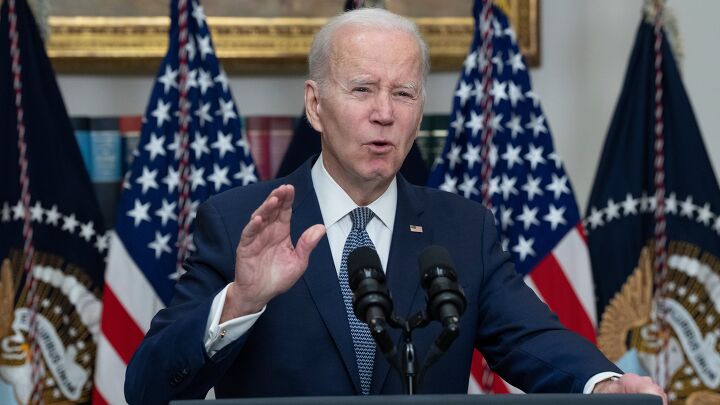
It’s no secret that Chinese automakers are rapidly expanding into international markets, but the U.S. is determined to make it as difficult as possible for them to gain a foothold here. President Biden recently announced sharp tariff increases on Chinese goods that range from consumer electronics to EVs, pushing the country’s government to promise retaliatory measures.
EV tariffs now extend past 100 percent, with the White House claiming that they represent “unacceptable risks” to the U.S. economy. Chinese automakers enjoy strong government backing and subsidies that make it possible to see vehicles for very little to no profit.
The U.S. exports far fewer goods to China than it receives, but officials here worry that underpriced Chinese vehicles and other products flooding the market would have a significant negative impact on American businesses.
Tariffs on electric vehicles are now 102.5 percent, and duties on some raw battery materials are as high as 50 percent. The changes in the federal EV tax credit rules enacted at the beginning of 2024 also incentivize non-Chinese materials and domestic production.
These new rules may prevent China from taking over the U.S. auto market in the short term, but they won’t do anything to make EVs from existing brands any more affordable or desirable. Beyond being cheap, many Chinese EVs have more compelling tech and features than anything we see here, and preventing new competition in the U.S. is not a good way to spur innovation.
[Image: Consolidated News Photos via Shutterstock]
Become a TTAC insider. Get the latest news, features, TTAC takes, and everything else that gets to the truth about cars first by subscribing to our newsletter.

